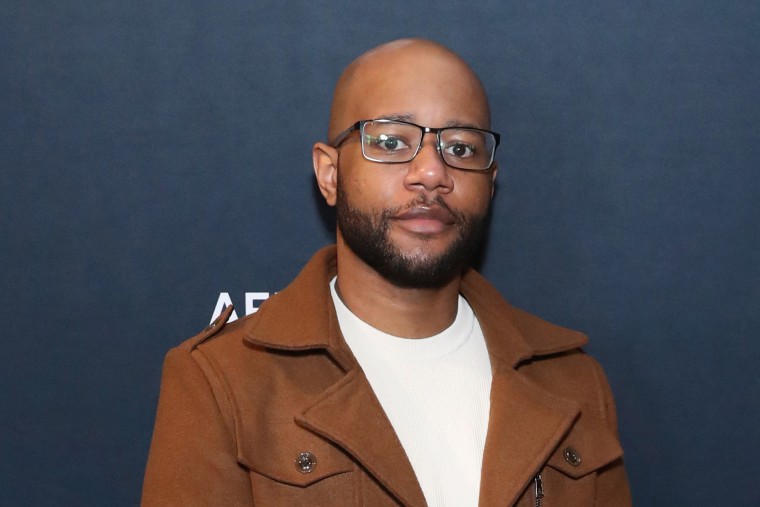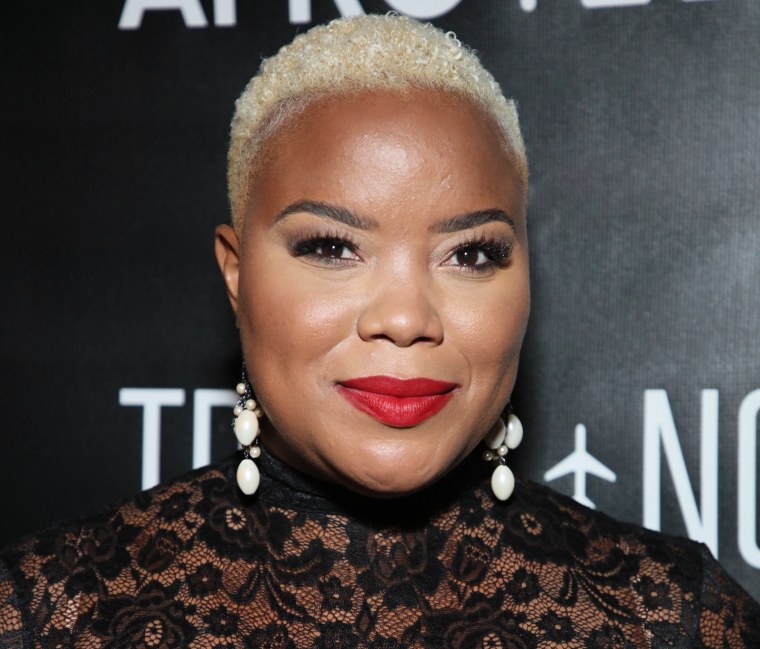I always relish the opportunity to nerd out with fellow techies on The ReidOut Blog. Especially when we get a little existential with it.
So it was a treat to sit down with executives of Blavity, the Black media and technology company, to talk about where and how race intersects with the high-tech revolution we’re seeing across all industries these days.
My tech-centric blog posts have all been premised on a similar foundation: my belief that diversity is the only way to stem inequality (in everything from agriculture to art sales) that is sure to worsen if the levers of power in Big Tech are controlled by a few rich white dudes — which is largely the case now.
And there’s a war underway to wrest control of these levers.
With that in mind, you may remember that the idea of Big Tech diversity was criticized after the collapse of Silicon Valley Bank, when a Wall Street Journal columnist pointed to racial and gender diversity on the bank’s board as a factor.
That prompted a written response from Morgan DeBaun, Blavity’s founder and CEO; Jeff Nelson, a co-founder and Blavity’s chief operating officer; and Simone White, senior vice president of Blavity’s AFROTECH brand (essentially, a hub for news about Black business and technology).
Their piece, headlined “White Men Prove Incapable Of Handling More Than One Task At A Time,” turns the tables on right-wingers who allege emphasizing diversity is a detriment to businesses — whether SVB or anywhere else.
They wrote that the WSJ op-ed “entertained the classic argument that focusing on diversity, equity, and inclusion was distracting from the ‘real’ business of running Silicon Valley Bank (SVB). How original and worthy of publication!”
But here’s the rub, so to speak, as they put it:
Those who promote this idea seem oblivious to the fact that they are essentially admitting that homogeneous leadership teams are incapable of multitasking. If incorporating the perspectives of women, LGBTQ, and Black people is enough to cause a group of white men to fail in leading SVB, then they were not competent to manage a bank in the first place.
It’s startling to me that we don’t hear this argument more often in relation to right-wing attacks on diversity and inclusion policies, whether in school or the workplace.
This conservative crusade isn’t merely sinister; it’s also just stupid. As in, it rejects the demonstrable proof that diverse environments allow for enlightening conversation and cultural exchanges that in turn lead to more enjoyable and more effective workplaces.
And that — not bleeding heart liberalism — is precisely why so many institutions emphasize diversity.
But as many conservatives look to turn “diversity” into a taboo, Blavity is going in the opposite direction.
Ahead of this year’s AFROTECH Conference in November, Blavity just unveiled a platform, called Talent Infusion, that will allow tech firms easy access to a pool of résumés, including many submitted by conference attendees.
It’s one way to connect Black techies with organizations doing work in their field, and it’s a step toward eliminating company executives’ excuses that they can’t find any qualified Black talent.
“Sometimes, it seems like the conversations we’re having just about diversity, race relations, inclusion, acceptance in 2023 are more regressive than they were in the 1980s,” Nelson told me. But he says he’s optimistic that more data has been compiled in recent years showing that diversity is a winner for workplaces.

“All the research and data show, as I’ve said ad nauseam, that diversity yields better outcomes,” he said. “That’s why we were so provocative with the op-ed and why there was an exasperated tone with the op-ed: because the proof is there if you’re someone who claims to be a believer in data, science and evidence."
That’s a great summation of both Blavity’s message and what many Black techies are saying to Big Tech firms these days: What’s good for us is good for you. Blavity and its executives are smart to explain to firms why a diverse workforce will help them (even if the evidence ought to be clear by now).
But these executives are also clear that their mission is to build Black power in the tech space.
“As our community has grown over the last few years, we’re not only saying we’re here,” White said. “We don’t want to be in just entry-level positions. We don’t want a small percentage of the funding venture capitalists are giving out. We actually want our fair share.”

